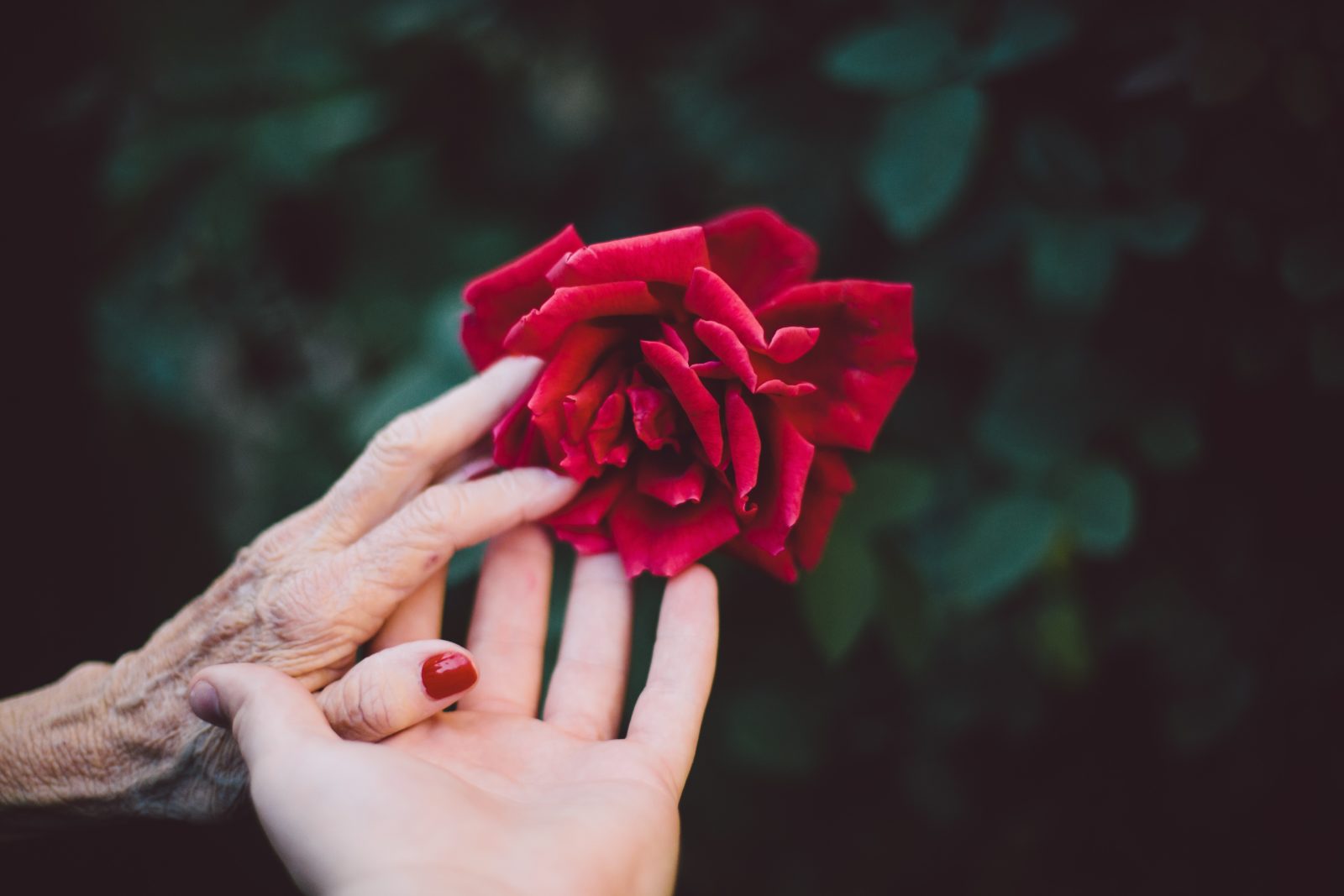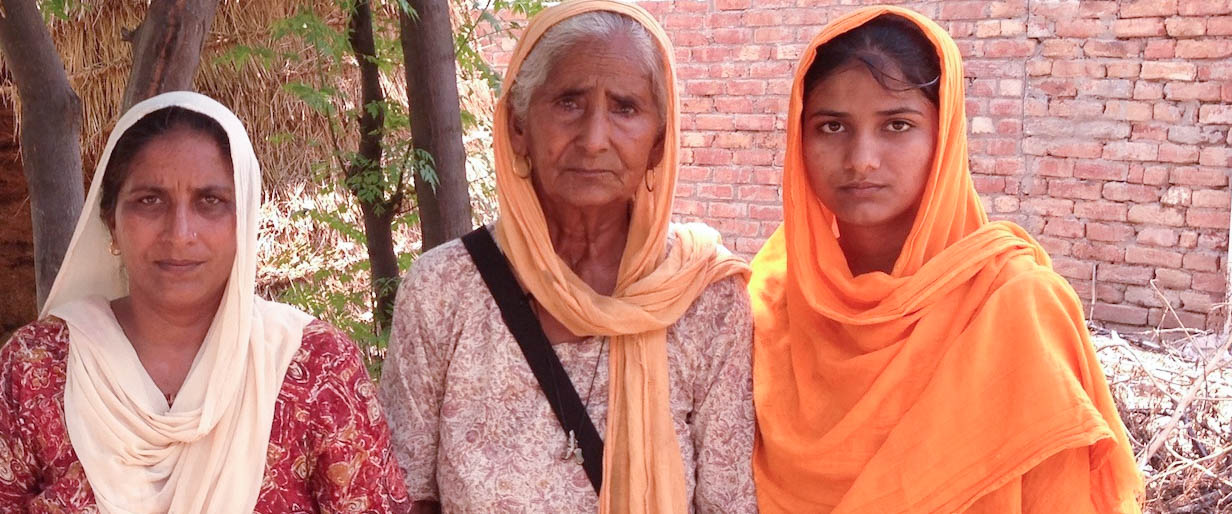“There is no Truth in suffering,
there is no Truth in comfort.
There is no Truth in wandering like animals
through the water,”
Salok Mehlaa 1, Guru Granth Sahib, Ang 952.
This shabad, revealed to Guru Nanak Sahib, reminded me of all the women in my family who have sacrificed their entire being for the benefit of their family, sangat, and panth. We would not be here, physically, spiritually, or communally, if it was not for all the Kaurs and Singh who put us before themselves. But recently, I’ve started to notice that many of the women in my family are tired, broken, and drained. They’re far to young to be zapped of life, but yet they have little energy beyond their daily tasks for hobbies, activism, advocacy, or family. They are depleted.
So, when I read this shabad today, it struck me. The line, “There is no Truth in suffering…” kept resonating in my mind. Our mothers often told themselves that there is truth in suffering; that one more late night wasn’t going to kill them; that not accepting a friend’s massage was being strong; that taking a nap was weak; that not asking for help with work was noble.
While this narrative may have been necessary for survival and emerged out of love, it beat them down. This, is where I feel self-care is needed. For some, “self-care” is a crazy word. I recognize that in some cases, self-care must be postponed for the greater good. But, in some cases, I see women in our community actively reject opportunities for rest and care.
How many examples can you think of women adopting this mindset as a way of life instead of selectively using it when needed? How many times has self-sacrifice not been necessary but actually self-destructive at home? in the langar hall? at work? in community organizing?
Our foremothers were resilient. But, for us to continue their resilience and legacy we must view self-care as an act of radical social justice. We must honor their (and our) long dishonored bodies, minds, and spirits. We must support each other in recognizing real times for self-sacrifice and real times for rest.
I feel like we as Sikhs can learn from what Lisa Anderson wrote about honoring Black bodies: Activism based on perpetual and endless sacrifice and that reduces any desire or plan for self-care to narrow narcissism and indulgence is a dangerous narrative that will rob our community of the best and the brightest.
Love your bodies. Love yourself. Love your mothers. Love your sisters. Accept help. A deep love of our bodies, minds, and spirits is not selfish but in direct opposition to those who wish to destroy our very being through racism, patriarchy, and genocide.
We must boldly declare that the sacrifice of the strong, yet vulnerable humanity of any one of us is not okay; and that as we consciously, carefully, boldly, and brazenly pursue self-care – which is a counter-cultural narrative of self and other-loving into our activism. ~Lisa Anderson.
I truly hope that one day our mothers won’t be so tired. I want them to feel loved and appreciated. I want them to know that for us to benefit from their wisdom and enjoy their company longer, they must take care of themselves. We must take care of them too. Women cannot continue to feed others from their own depleted wells.
Only this way will Sikhs last for hundreds of years, not hundreds of days.
Written By: Lakhpreet Kaur
Photo by: Jake Thacker





1 Comment
Geeta
09/30/2017 at 2:59 pmSelf care is health care as far as I am concerned. A drained mother is no good to her children.